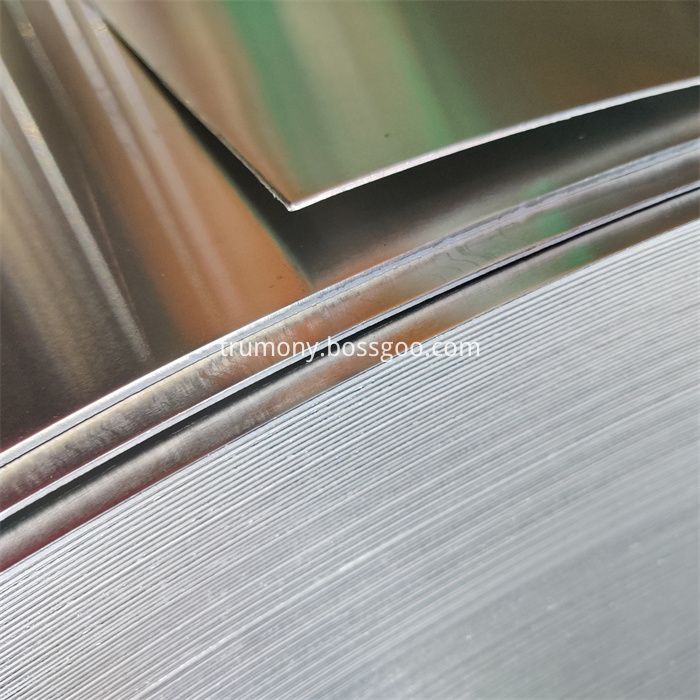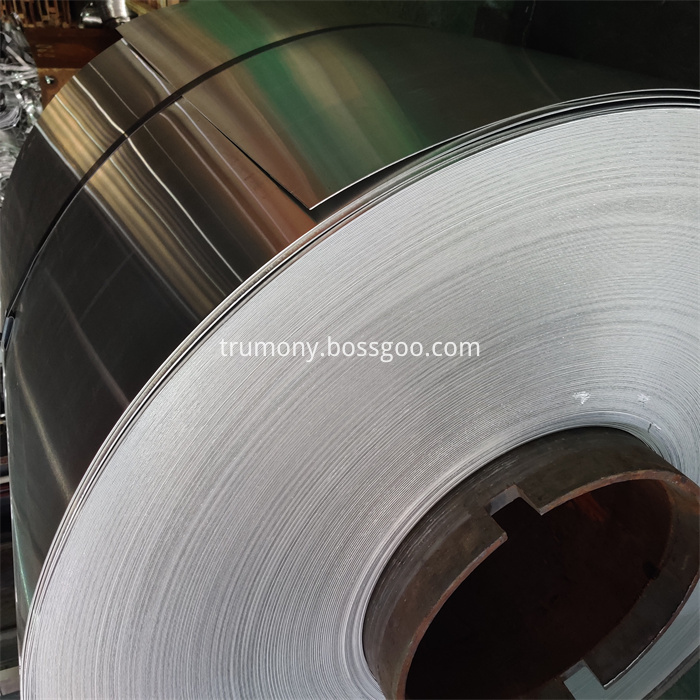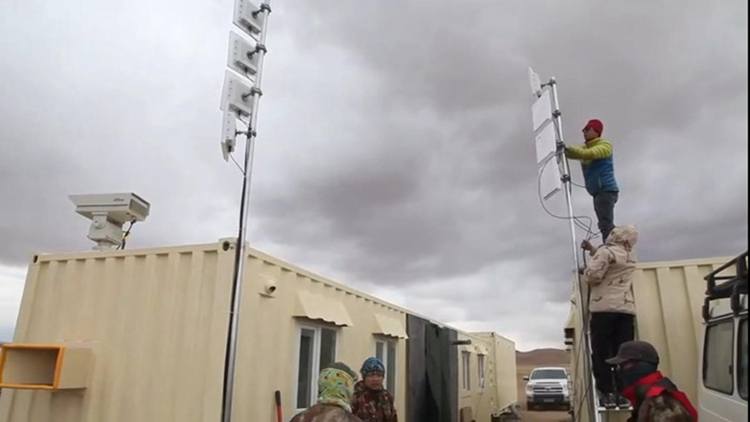Wireless bridges are mostly installed in outdoor environments. Facing the complex and harsh outdoor environment, wireless bridge equipment must not only have waterproof, dustproof and windproof functions. It is also very important to make lightning protection measures for wireless bridges in the initial stage of installation, but many customers I have ignored this point. Once the lightning strike is caused, the damage is unpredictable. Let's take a look at how the wireless bridge responds to lightning strikes.
First, let's look at the main cause of lightning damage in wireless bridge monitoring systems.
1. Direct lightning strike: Lightning strikes directly on the camera in the open air, causing damage to the equipment or direct lightning strikes on the overhead cable to cause damage to the cable. The damage caused by this type of lightning strike is very serious, but the probability of occurrence is relatively small.
2, induction lightning (also known as second lightning), it is divided into electromagnetic induction and electrostatic induction. The damage caused by inductive lightning is not as great as that caused by direct lightning strikes, but the probability of occurrence is very high, accounting for more than 80% of modern lightning strikes.
3. Lightning intruding waves: When the power line, signal transmission line or other metal cables entering the monitoring room are struck by lightning or induced by lightning, lightning waves invade the equipment along these metal wires/conductors, causing high potential difference to damage the equipment.
Therefore, once the wireless bridge is struck by lightning, it is very dangerous. It is especially necessary to do lightning protection measures. So what basic lightning protection measures should the wireless bridge system have?
(1), front-end equipment (mainly composed of camera, lens, pan/tilt, shield, bracket, decoder, etc.)
Front-end equipment such as cameras should be placed within the effective protection range of the lightning rod. For front-end equipment that is already within the protection range of other lightning rods or high-rise buildings, the lightning protection is generally not considered separately; for front-end equipment that is not within the protection range of any lightning protection system, direct strikes should be considered. Thunder protection issues.
(2), transmission lines (using cables, wires to take overhead, buried or along the wall to transmit video, audio or control signals, etc.)
More than half of the lightning damages in the monitoring system are caused by lightning intruding overvoltages induced on the lines connected to the system. Therefore, the line protection connected to the system is a part of the overall lightning protection that cannot be ignored. The wireless bridge system mainly transmits signal lines and power lines. The safest wiring method should be buried in the whole metal pipe, and at the same time, the two ends of the metal pipe must be effectively grounded.
(3), terminal equipment (mainly composed of picture splitter, monitor, control equipment, video storage equipment, etc.)
The lightning protection of the monitoring room is the core of lightning protection of the monitoring system. It should be carried out from direct lightning protection, lightning intrusion wave, equipotential bonding and surge protection. The location of the monitoring system equipment room should be selected in the lpz advanced area and avoided in the top three floors of the building; when the lightning protection grid size of the sky part of the building does not meet the requirements of the system anti-interference, the shield should be installed on the surface. Floor. Use unshielded cables. Before entering the house, wear metal pipes and bury them in the ground at a horizontal distance of 10 meters or more. If it is not possible to wear a metal pipe buried in the household, it is necessary to lengthen the length of the shield pipe or the bridge, the two ends of the metal pipe or the trestle and the equipotential bonding and grounding at the junction of the lightning protection zone.
Aluminum Coil
Aluminium coil manufacturer, standard width 500-1750mm, can provide special size. Thickness from 0.2mm to 10mm or higher. Aluminium alloy code can be 1050, 1060, 1070, 1100, 1235, 3003,3105, 5052, 5083, 8006, 8011 etc. The aluminium coil roll which we produced for many application like construction, electronics, automotive, pharmaceutical, food service, manufacturing, transportation, and so on.
After milling, welding, heating, inspection and cleaning, the aluminium coil is finished. We will pack carefully to ensure that the products in the hands of customers are perfect.




